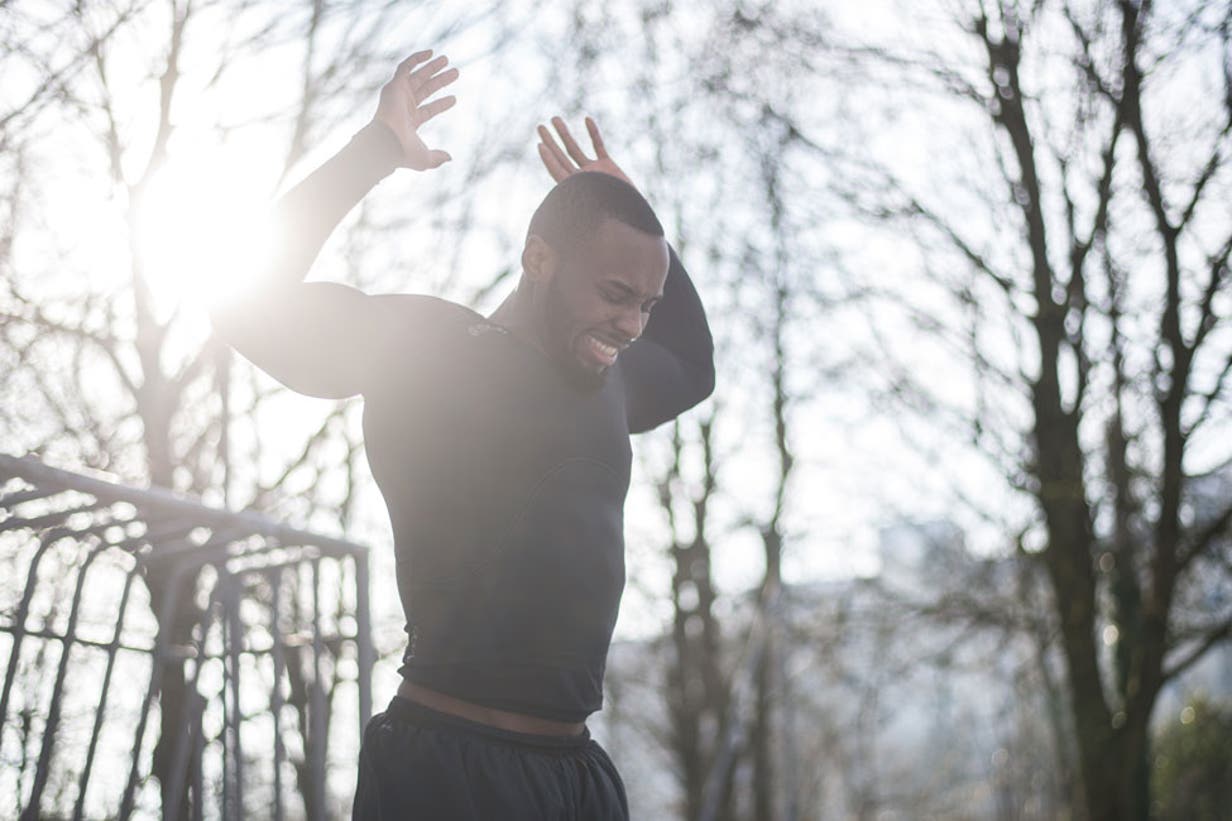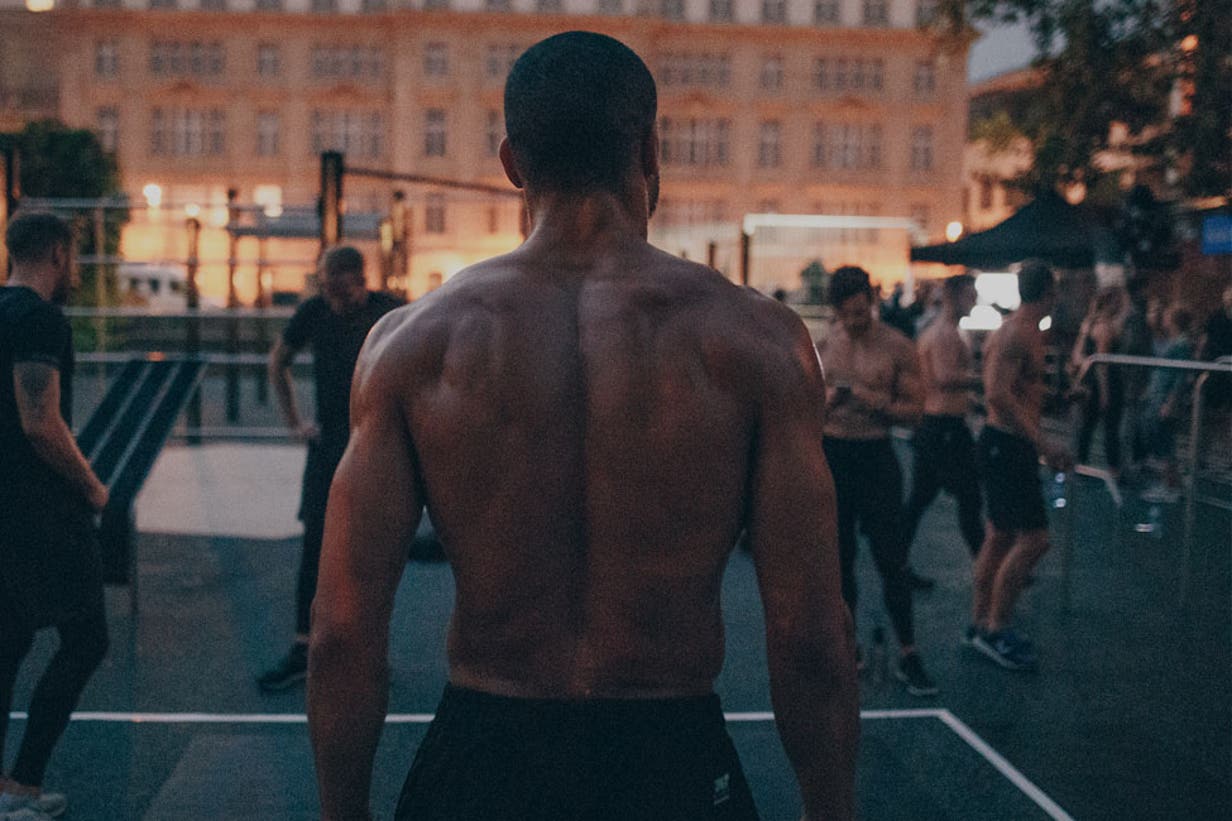Runner’s must get good sleep, right? All that time spent outdoors in the fresh air, burning calories and consuming energy with every stride…sounds like the recipe for a good night’s rest. Unfortunately the reality is, it’s not! If you’re someone who regularly runs, all those sleepless nights you’ve been having could well be a result of all the miles you’ve been tracking. Here are a few reasons why:

Training intensity is too hard & too frequent
Overtraining can cause insomnia. By not giving your body enough time to rest and repair you risk developing chronically elevated stress hormone levels, which mess with not just your sleep, but also your immune system…and more. Instead, listen to your body and incorporate slow runs from time to time. Gradually increase your training plan over time, ensuring you always have tapering weeks and periods when you cut back on running.
Lack of adequate nutrients and calories
If you’re training long distances while on a reduced-calorie diet, this combination is likely to be what’s keeping you up at night. We strongly advise you not to follow any drastic diets – not just during training, but in general. Your body requires essential nutrients to fill its energy tanks – something only achieved through a well-balanced diet. Iron is especially important, so it’s well worth getting your levels checked with a doctor if you continually experience restless nights.

Training too late
Having a tough time falling asleep could also be a sign your body doesn’t agree with the time of day you train. A late night strenuous workout increases adrenalin and cortisol, making it difficult to get into snooze mode. If morning workouts are out of the question for you, try to train at least 3 hours before bedtime to allow your body to unwind.
For marathon or competitive runners, insomnia can strike at the worst of times:
The night before
It’s the common case of nerves. Especially if you start thinking about your run the night before. Instead, a week prior to the run, visualize and mentally prepare. Cover the route, get to know what you’re up against and consider anything which could go wrong. This way when it comes to the night before, you can simply just focus on getting enough sleep so you make it to the starting line prepped, awake and ready to go.
The night after
How can you possibly not be tired after 42km? We don’t know how it’s possible, but every marathon runner knows…it’s possible. One of the reasons is that although your body has crossed the finish line, your mind is still running the race. The adrenaline rush you get after running a marathon lasts for hours. Days. For some even weeks. You replay the excitement at the start, the crowds cheering you on from the sidelines, the moment you cross the finish line and realize you’ve achieved a new PB. It could also be heightened emotions or intense feelings of frustration or happiness that keep your mind from switching off completely.
To sum things up, yes running is exhausting – but this doesn’t necessarily result in a good night’s sleep. If it does for you, great! Value each second of shut eye and don’t change a thing. However, if you are someone who suffers from running-induced insomnia, lower the intensity for a little, track your nutrients and switch up your training times. Your body was made to run. You just have to fine tune it first.